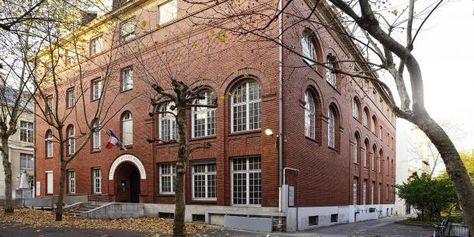Methods for Statistical Inference (Paris)
I had the opportunity to attend the Methods for Statistical Inference school, which was organised from the 22nd to the 26th October 2018 at the Institut Henri Poincaré, Paris. In particular, the goal of the school was not only to foster collaboration but to also understand if we have the right tools for cosmology over the next decade. In particular, the focus was also around extracting maximum cosmological information from data and identify new techniques and methods to go about addressing this topic.
There was a series of interesting talks (around 25 talks), related to Bayesian techniques and Machine Learning. The ones which are related to the topics I am particularly interested were:
- Hierarchical modelling of weak lensing and photometric redshifts
- Bayesian optimisation for likelihood-free cosmological inference
- Bayesian analysis of astronomical catalogues, with application to measuring the Hubble constant using binary neutron stars
- Deep Learning architectures for the estimation of photometric redshifts of galaxies and the classification of light curves
- Promises and challenges of Deep Learning in Cosmology
- Posteriors and marginals in low and high dimensions with applications to large scale structure analysis
- Deep learning for science: steps to opening the pandora box
- Bayesian data interpretation with large scale cosmological models
- Machine learning based statistical inference
- Learning Multiscale Physics with Deep Neural Networks
